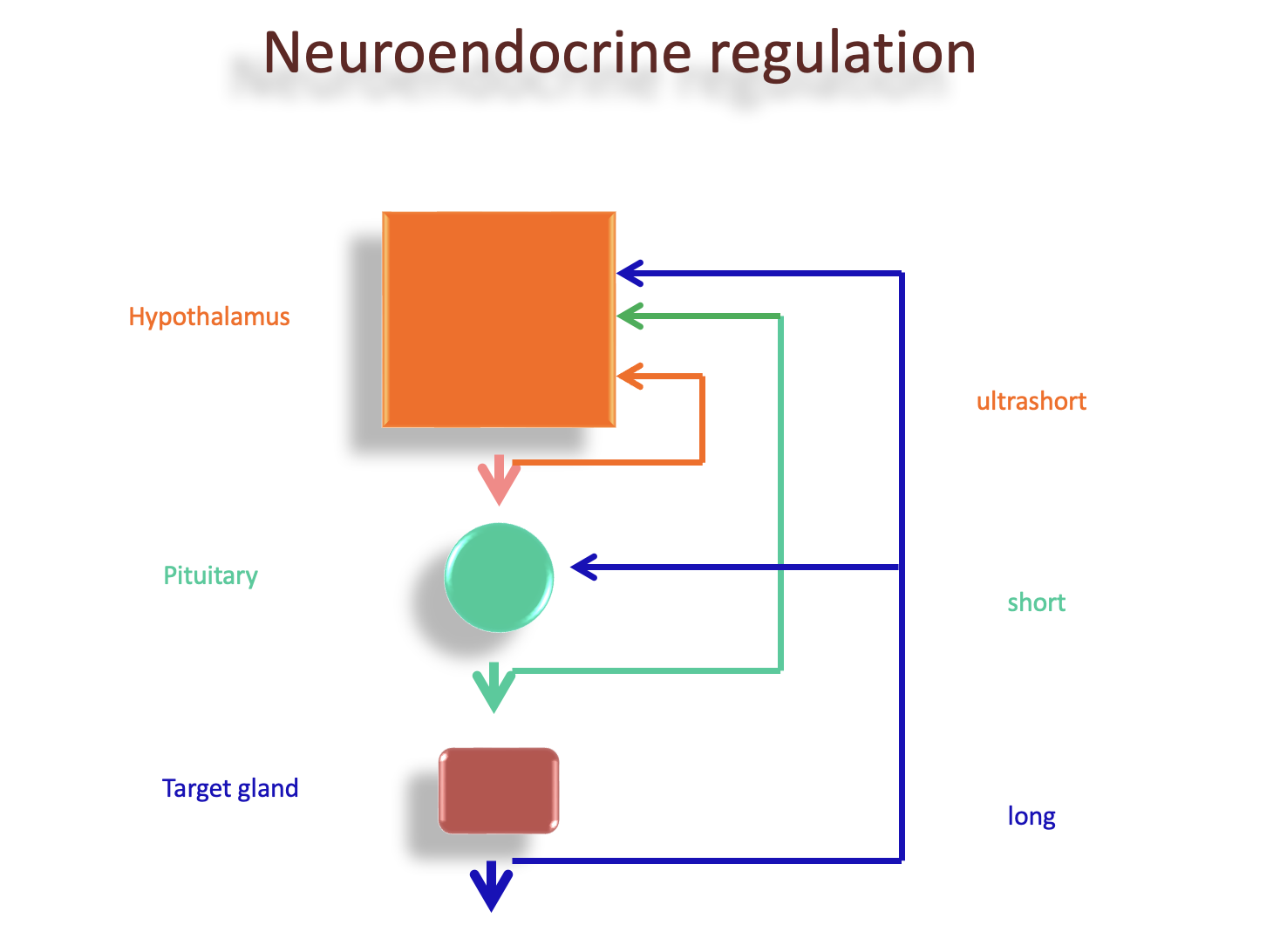About us

The Laboratory of Endocrine Neurobiology was established in 1998. Its main scientific activity has been engaged to the exploration of neuronal and hormonal mechanisms that regulate reproduction, feeding and adaptation. These are vital physiological functions of the human body that are regulated by the brain, mainly, via the hypothalamo-pituitary-endocrine axes. Dysfunctions of the endocrine systems may result in severe illnesses including infertility, obesity and stress disorders. The prevention and proper medical treatment require the elucidation of the regulatory mechanisms that control the operation of the gonads, the thyroid and the adrenal glands.
The hypothalamic part of the brain sends hormonal messages to the pituitary gland that, in turn, regulates - via hormonal channels - the endocrine glands and the peripheral organs. The communication is reciprocal, the secreted gonadal, thyroid and adrenal hormones report back to the brain and the pituitary, in addition to their key effects on different peripheral organ systems. In the nervous system, these hormones are sensed by specific receptors that relay the information to genomic and non-genomic cellular machineries. The hormonal regulation acting upon specific neuronal networks of the brain is manifested in the control of fertility, food intake, energy expenditure, water and salt consumption, adaptation to acute and chronic stress situations, mood, cognition, memory, sexual and aggressive behaviors.






